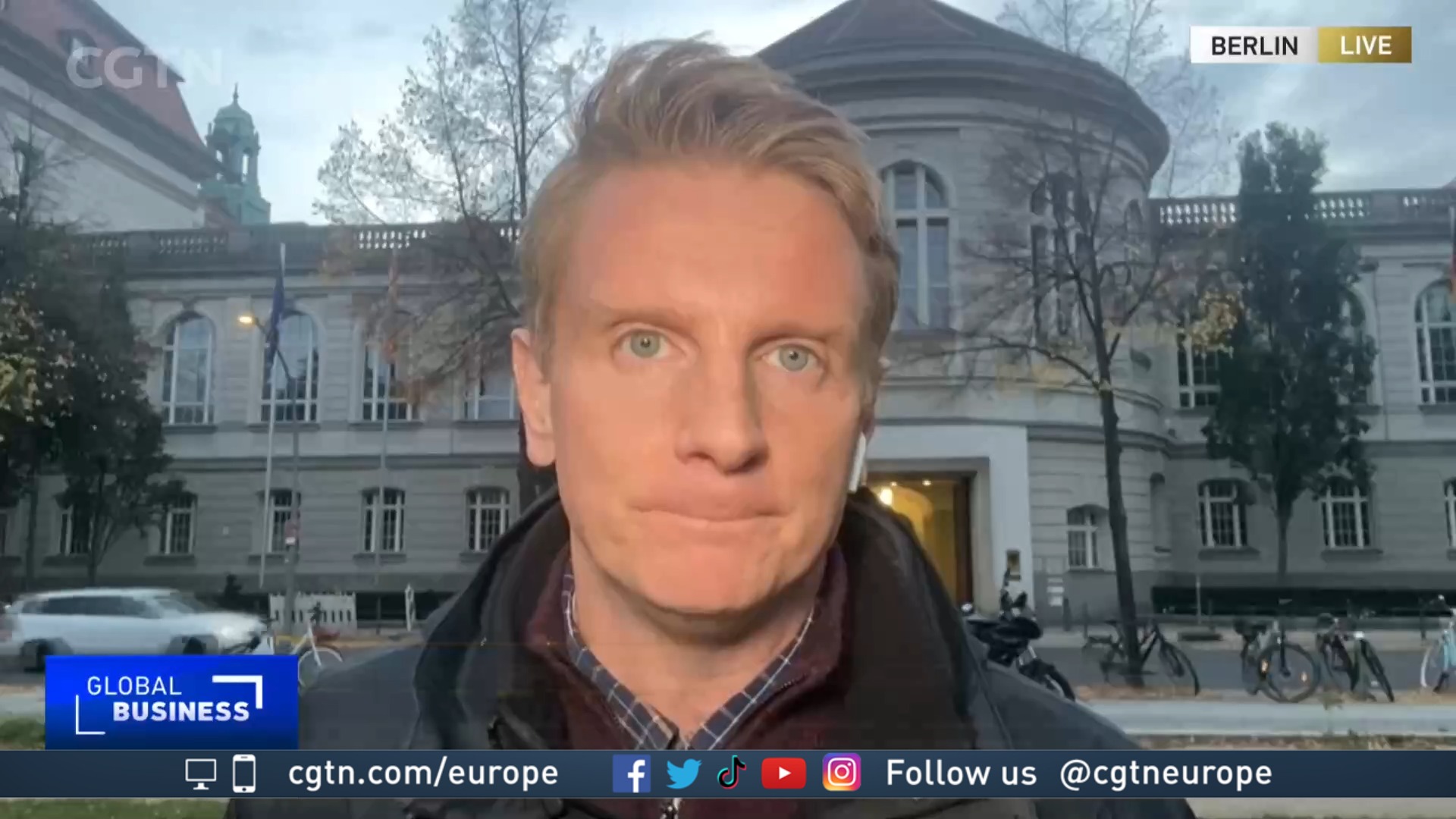03:33

Germany's supply of crude oil from Russia has taken a hit after a leak was confirmed in the Polish section of the Druzhba pipeline.
While authorities in Warsaw have said that this latest incident shows no sign of being caused by sabotage, it comes at an ill-opportune time - just a couple of weeks after the Nord Stream gas pipelines were knocked out of use by explosions.
Europe is in the midst of an energy crisis after Russia all but cut off gas deliveries following Moscow's assault on Ukraine. A reduction in oil deliveries right now is the last thing that Germany needs.
READ MORE
What is the European Political Community?
Huawei 'disappointed' as UK steps up ban
Erdogan doubles down on Greek threats
"Security of supply in Germany is currently guaranteed," according to Germany's Economy Ministry said. "The refineries in Schwedt and Leuna continue to receive crude oil via the Druzhba pipeline," it added.
The refinery in Schwedt is where 90 percent of Berlin's fuel comes from. Deliveries from the leaking Druzhba pipe are arriving but at reduced capacity.
Energy security in Germany and across Europe sprung to prominence in late September following four significant leaks on the Nord Stream One and Two gas pipelines.

The Nord Stream 1 pipeline is under going repairs after leaks were detected in the Baltic Sea./Hannibal Hanschke/Reuters
The Nord Stream 1 pipeline is under going repairs after leaks were detected in the Baltic Sea./Hannibal Hanschke/Reuters
Seismologists say that large underwater explosions were detected in the area near to where the ruptures happened. Western nations and Russia have blamed sabotage as the cause of the incident.
Russian President Vladimir Putin has offered to send gas to Germany through the one functioning tube of the Nord Stream Two Pipeline - the new line Germany refused to allow to go into operation because of Moscow's actions in Ukraine.
Berlin has turned this down, saying that future gas deliveries would be through Nord Stream One after repairs.
'The numbers are bad'
It has been a busy week for the Economy Ministry in Berlin, which also has responsibility for regulating Germany's electricity and gas.
Economy Minister and Vice-Chancellor Robert Habeck announced on Wednesday night that there are tough times ahead for the German economy.
"The numbers are bad," he said succinctly, announcing that Europe's largest economy would shrink by 0.4 percent next year instead of growing by 2.5 percent as had been predicted just a few months ago.
Habeck blamed Putin's economic war with the West for the anticipated contraction. "I am absolutely convinced that Putin will fail in this attempt, just as he is failing on the battlefield in Ukraine," he said.
While the economy is predicted to contract, inflation is soaring. Berlin estimates the inflation rate for 2022 to average at 8 percent and continues at 7 percent through 2023.
Robert Habeck was keen to stress that without the recent $198 billion gas relief package that his government implemented, things would have looked much bleaker for Germany heading into 2023.
However, that package has drawn severe criticism from some of Germany's closest partners in the EU, who have accused Berlin of looking after itself rather than trying to find a common European solution to a shared European problem.